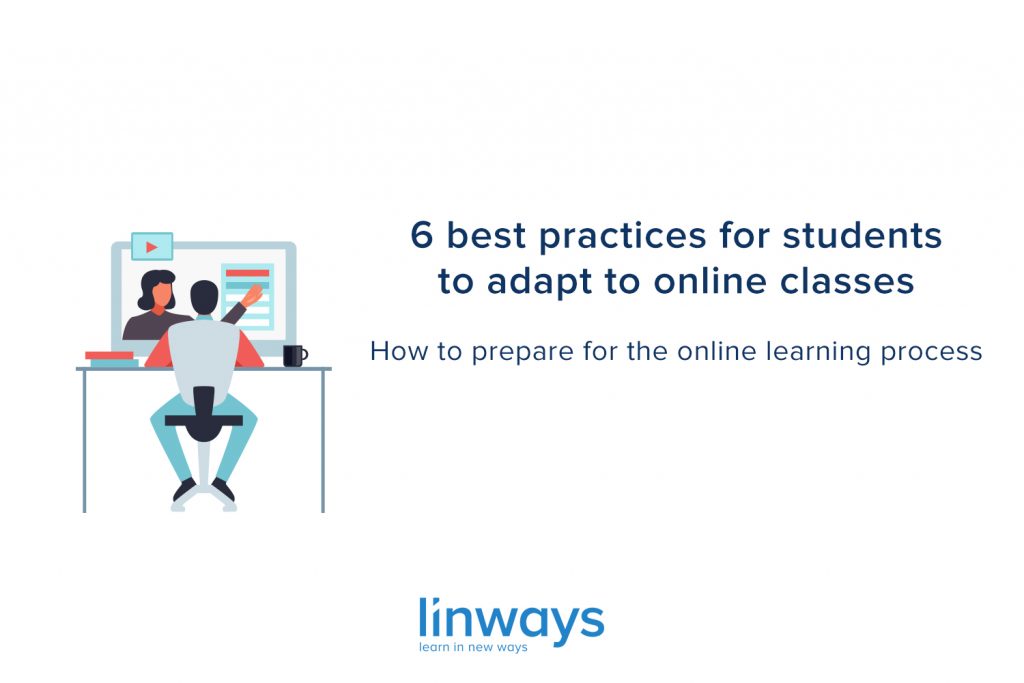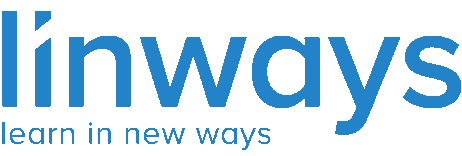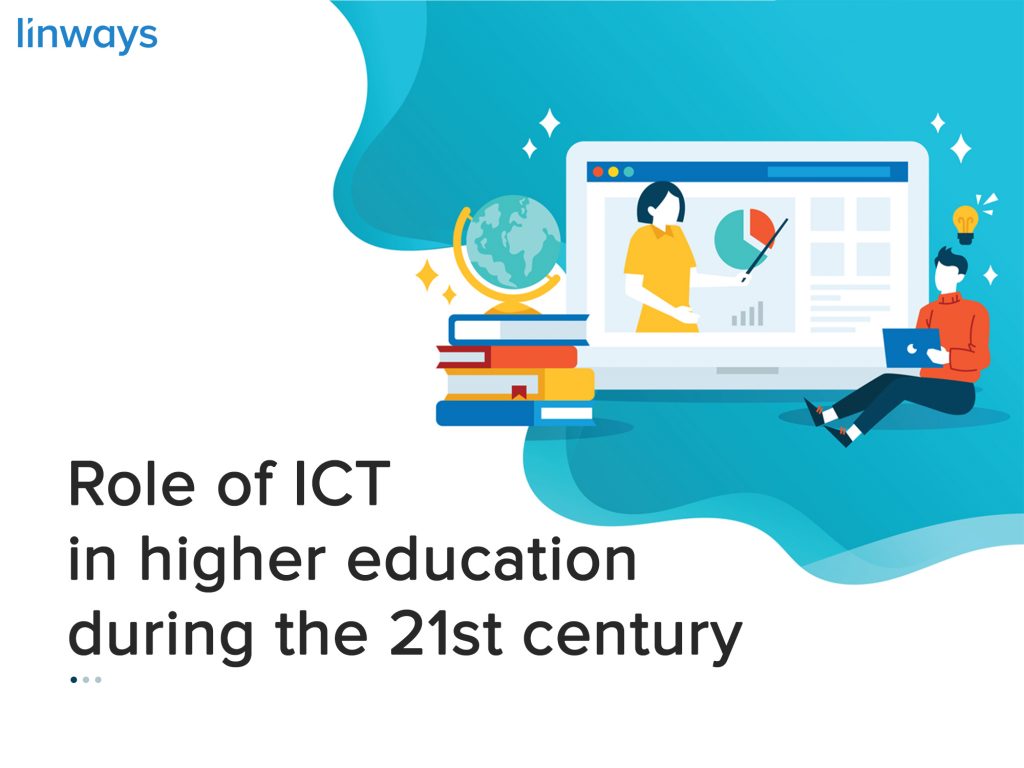How to prepare for the online learning process

The impact of online education is on the rise. Since the outbreak of Coronavirus, more and more institutions are adapting to online learning, and the demand for online education has definitely risen. But along with the teaching/management aspects, we should also prepare our students for online courses. The unprecedented shift to online classrooms or digital courses could confuse students and may seriously affect their learning abilities.
So here we are with some useful info on how to learn online. Teachers can share these with their students, and students can make use of these steps to better prepare themselves for the online classrooms. Hope this helps.
1. Time Management
Manage your time, preferably with a well-planned schedule between learning, revising, self-assessment, and breaks. With no one to overlook could often lead to the tendency to procrastinate. If your learning platform/teacher already has a lesson plan, you could create a personalized learning plan based on what to learn and when.
Also, track deadlines and other important milestones because it’s easy to get lost in a broader world when you’re away from the classroom for a longer period of time. It’s an added advantage if your learning management system helps you out in the form of notifications
2. Community and Social Learning
When the physical classrooms transform into online, peer-to-peer interactions and support could lose its edge. So it’s essential to still maintain a virtual classroom environment by interacting with teachers and classmates.
Learning community is always more effective in boosting that learning mentality and inspiration. So stay in touch with your peers through the learning platform. Share your personal learning goals and offer help for those who need it
3. Learning Strategies
One of the best advantages of having a digital learning environment is the vast amount of useful information that’s out there. You could go off textbooks to research deeper into topics, find tutorial videos, additional textbooks, etc. off the internet. So broaden your horizons and don’t be afraid to venture in search of information.
However, be sure to communicate with your teacher about your interests and where you find your info. Clearly they are more educated and capable of leading you down the right path
4. Accessibility of useful information.
Make sure that your learning materials are available to you at the time of need. If your learning management system has the potential to upload and share course material, that the’s a good place to store. That way, important course-related documents are available to you whenever you need them.
The best way to make sure that all the course-related info is available anytime is to go for a complete digital education management platform like Linways. So you can have your institution data, course plan, course materials, and instant access to teachers through message box. But if your learning platform doesn’t offer such features, store all important files in a trusted place, securely
5. Short-term and long-term goals/objectives
Online or offline, every form of education must have a clear set of objectives that you, the student, should achieve at the end of it. Familiarize yourself with the course outcomes/objectives. So you will have a better picture of what you are learning and how does it become relevant in the big picture.
It’s also recommended that your course objectives are available to be tracked. Their achievement directly translates to how productive your education was. So have a glance at the learning objectives every now and then, just to see if you’re on the right track
6. Communication
Communication is key in an online learning environment. Consistently stay in touch with your teacher and batchmates. Online classrooms, much like physical classrooms, is a group effort. You need to provide helpful feedback to your teacher about the effectiveness of lectures and course materials in the online context. If you stumble across anything confusing while studying, do not hesitate to send your instructor an email asking for clarification. You could also initiate online group discussions and mock debates under the leadership of your instructor to make learning more engaging and effective.
Learning, much like anything else, is a conscious effort. You need to have the will to learn for any of these strategies to be useful. We have previously written several blogs about learning and you could also check those out, if you’re interested.
Also published on Medium.


